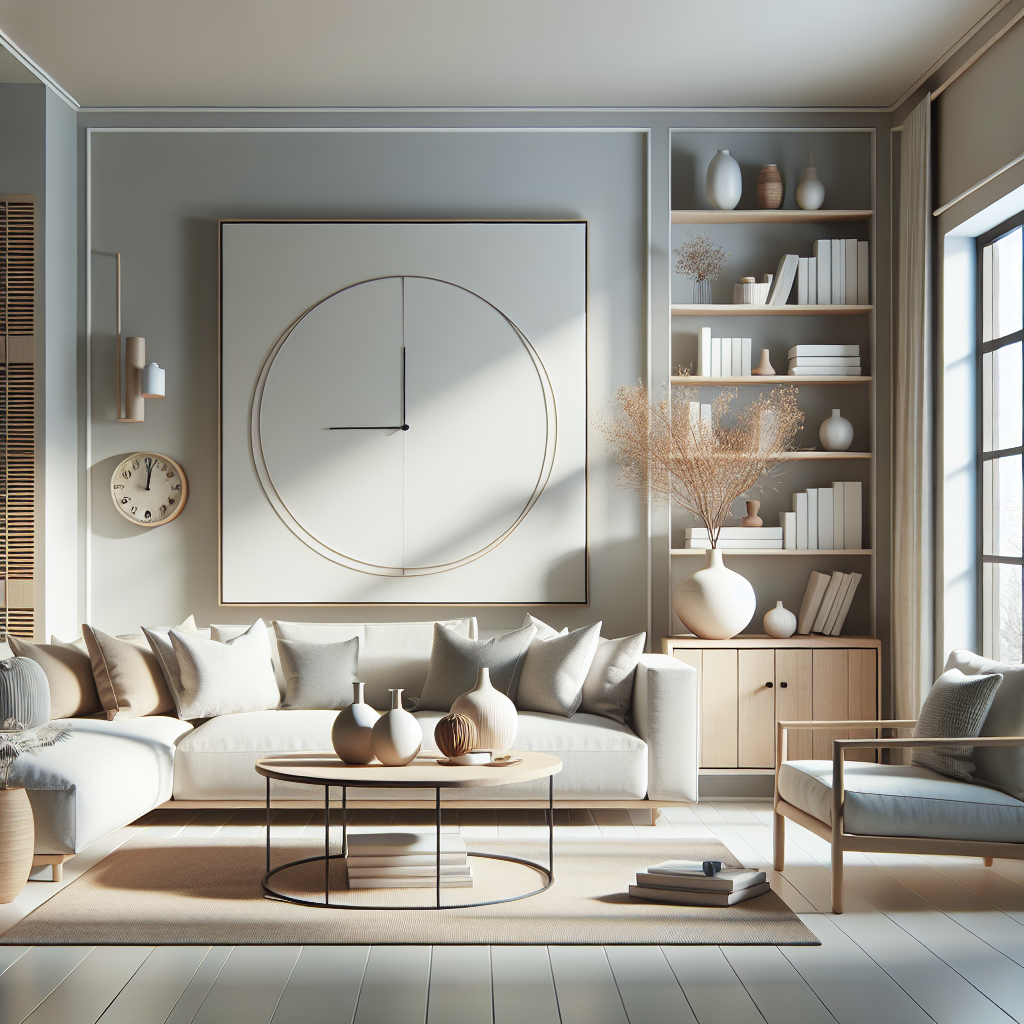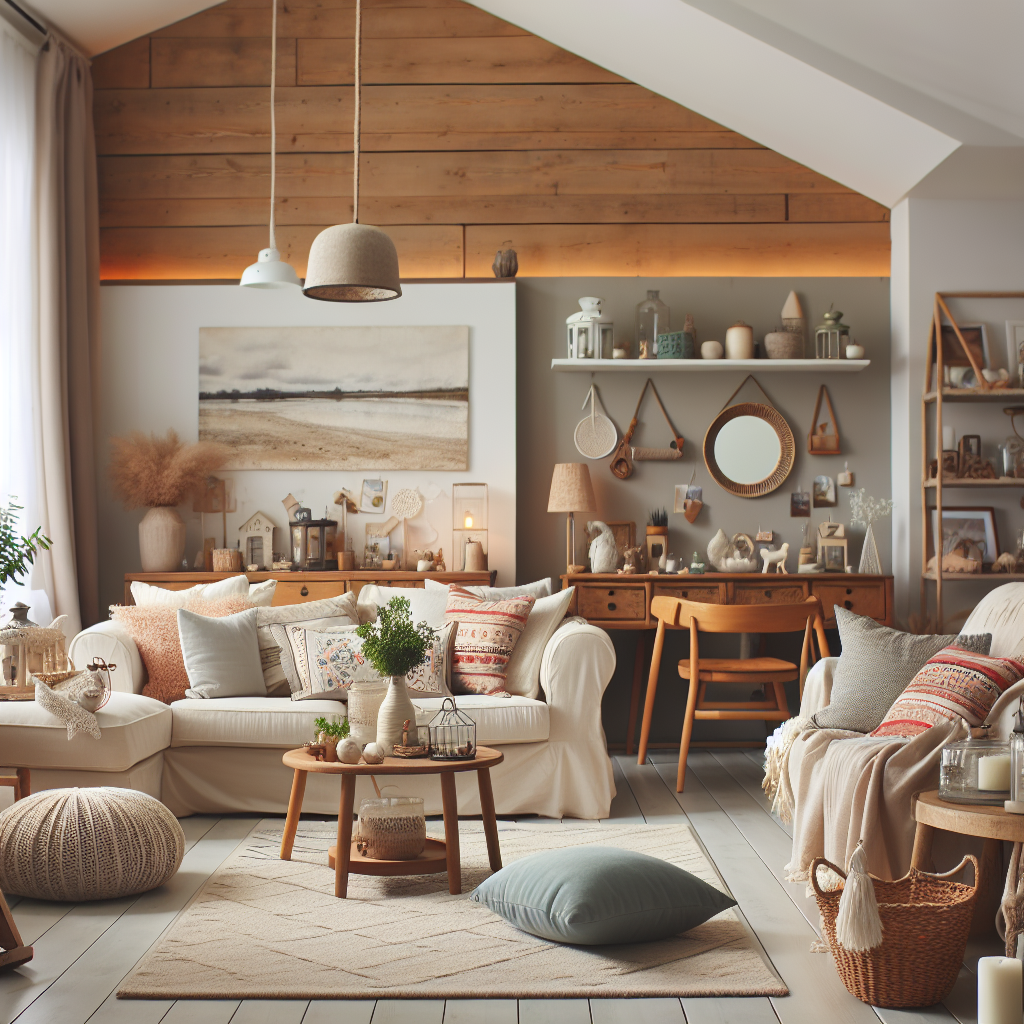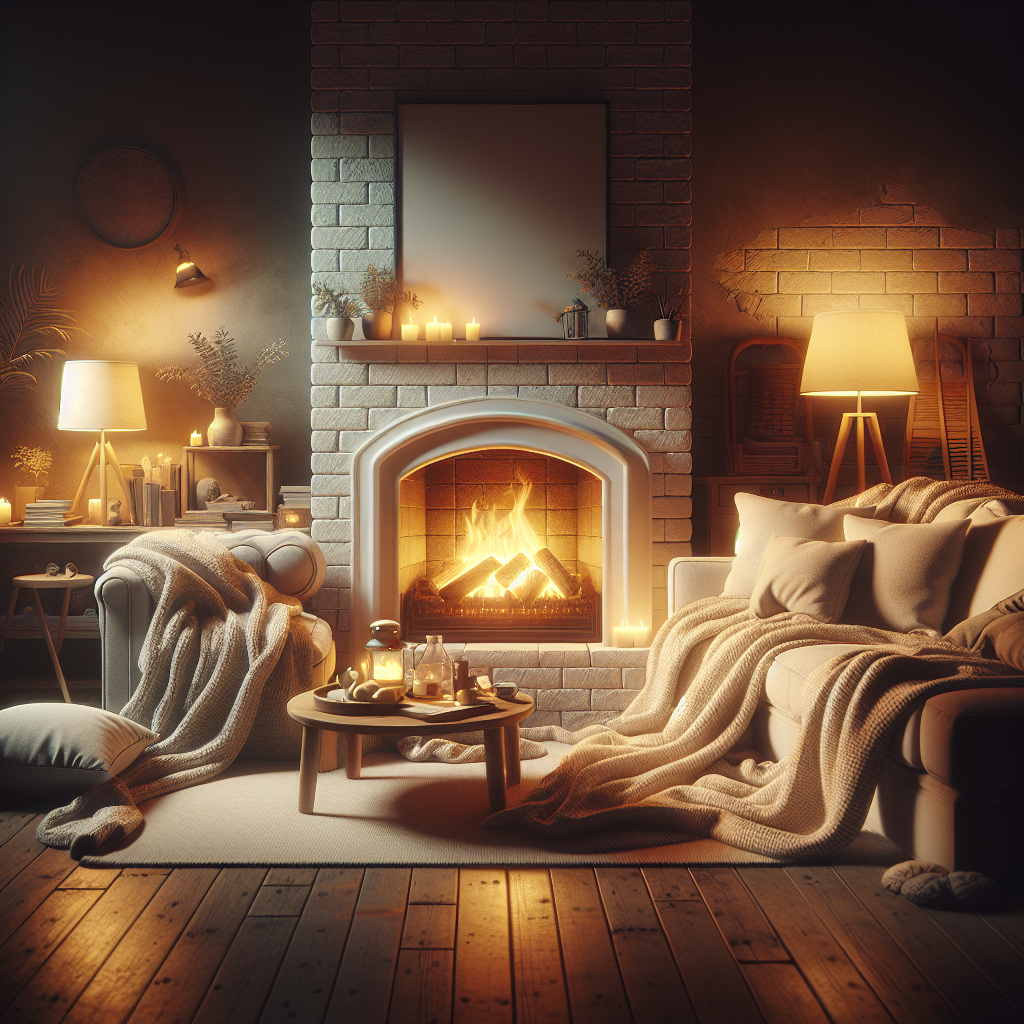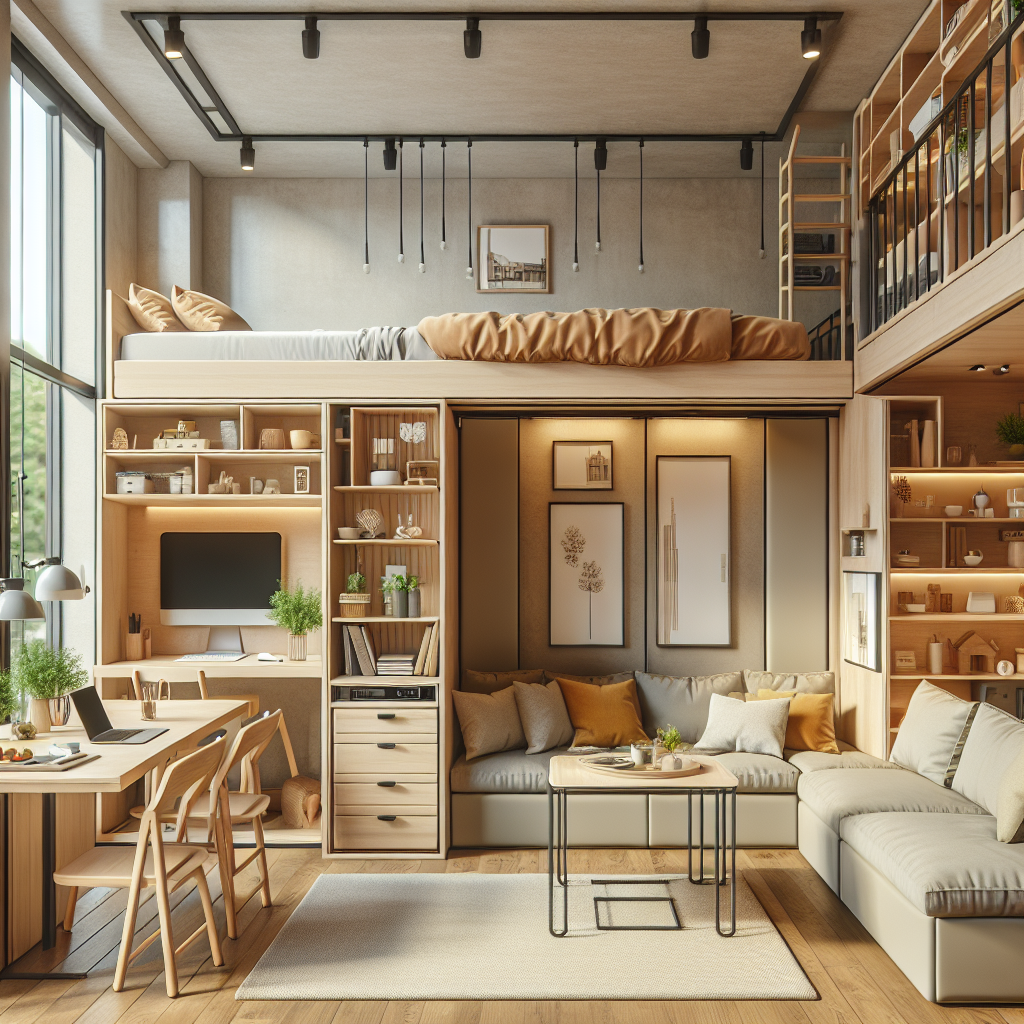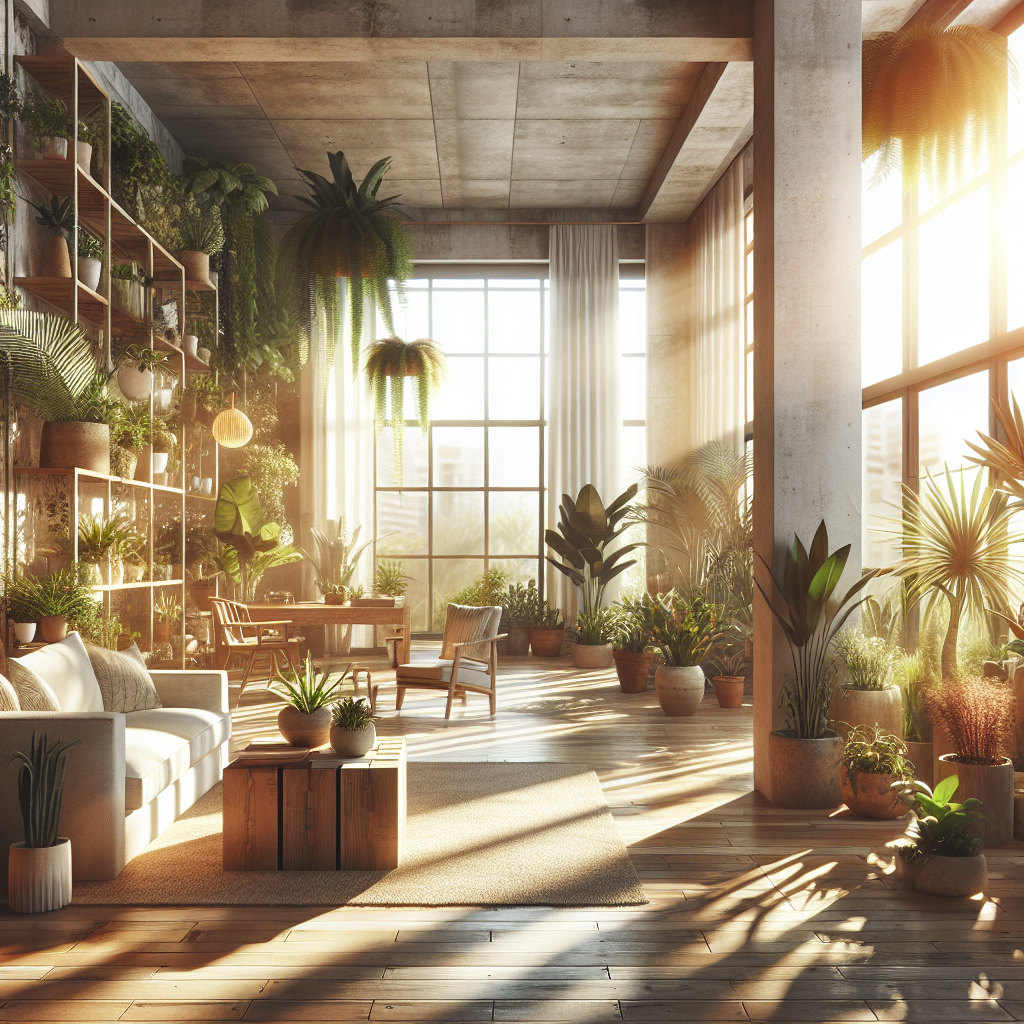The Psychology of Clutter: Understanding the Impact on Your Mind and Well-being
Understanding the psychology of clutter is crucial for anyone seeking to declutter and simplify their living space. Clutter has a significant impact on our minds and well-being, often leading to increased stress, anxiety, and feelings of being overwhelmed. Research has shown that a disorganized environment can impair our ability to focus and make decisions, leading to a sense of mental fatigue. Furthermore, clutter in our surroundings can evoke feelings of guilt, shame, and frustration, affecting our overall mood and happiness.
Moreover, the presence of clutter can also create a sense of visual chaos, making it difficult for our brains to relax and find peace. The constant visual reminders of unfinished tasks or disorganization can heighten our levels of cortisol, the stress hormone, leading to long-term negative effects on our mental and physical health. Understanding the psychological impact of clutter is the first step towards creating a more peaceful and harmonious living environment.
By recognizing the detrimental effects of clutter on our well-being, individuals can begin to approach decluttering as a way to improve not only their physical space but also their mental and emotional state. Removing unnecessary items and organizing our living space can lead to a sense of calm, clarity, and enhanced productivity. As we clear our surroundings, we also clear our minds, creating a positive impact on our overall happiness and well-being.
Practical Tips for Efficient Decluttering: Where to Start and How to Stay Organized
When it comes to home organization, efficient decluttering is the key to creating a peaceful and functional space. Getting started can be overwhelming, but with some practical tips, the process becomes more manageable. Begin by focusing on one area at a time, whether it’s a room, a closet, or a specific category of items. This prevents you from feeling too overwhelmed and allows you to see progress more clearly.
As you declutter, it’s essential to have a systematic approach. Create designated piles or boxes for items you want to keep, donate, sell, or discard. This will streamline the process and prevent items from getting shuffled around, defeating the purpose of decluttering. Additionally, consider using the “one in, one out” rule to prevent future clutter. For every new item you bring into your home, try to remove an equivalent item to maintain a balanced environment.
To stay organized after decluttering, establish a routine for regular maintenance. This could include daily habits like making the bed, doing a quick evening tidy-up, or sorting through mail and paperwork. Investing in storage solutions such as bins, baskets, and shelving can also help maintain order by giving everything a designated place.
By following these practical tips for efficient decluttering, you can not only transform your living space but also cultivate a habit of simplicity and organization that will benefit you in the long run.
Creating a Harmonious Space: Designing Your Home for Serenity and Functionality
Creating a harmonious space in your home is essential for promoting serenity and functionality. When it comes to the art of home organization, decluttering and simplifying your space are crucial steps in achieving this goal. To design your home for serenity and functionality, consider the layout, color scheme, and furniture arrangement. Opt for a minimalist approach by carefully selecting furniture pieces that serve both a practical and aesthetic purpose. Utilize storage solutions such as built-in cabinets, shelves, and multi-functional furniture to keep clutter at bay and maintain a sense of order. Additionally, integrating natural elements such as houseplants and organic materials can add a calming ambiance to your living space. By creating a balanced and organized environment, you can transform your home into a peaceful sanctuary that promotes both relaxation and productivity.
